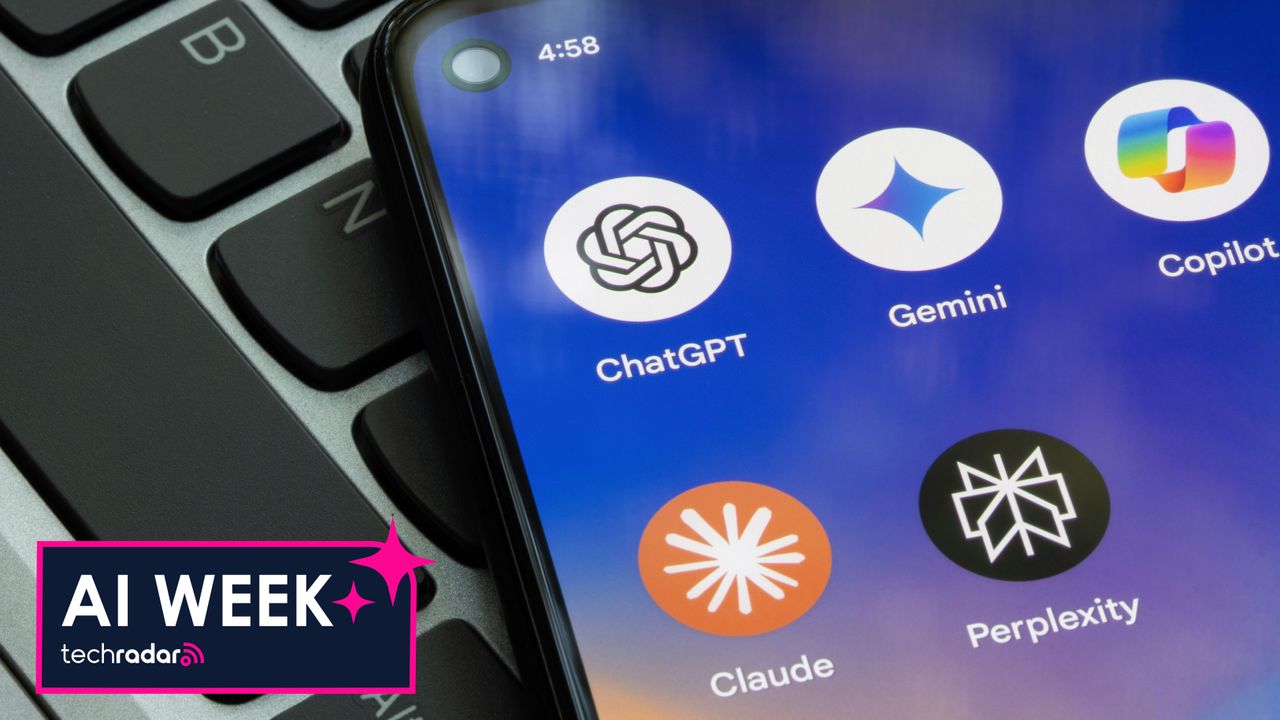
Microsoft Windows exec addresses AI rollout criticism and pledges usability improvements
Pavan Davuluri, Microsoft’s head of Windows, responded to the backlash over AI integration in Windows 11. He acknowledged that the operating system still has work to do on everyday usability, reliability, and performance, and said the team is listening to extensive user feedback. While he highlighted the company’s focus on fixing inconsistent dialogs and power‑user experiences, he did not address concerns about advertising and ecosystem‑driven prompts. The response also drew attention to a recent Copilot demo that many users found confusing, underscoring the challenges Microsoft faces in balancing new AI features with a stable user experience.










